Hindi Diwas 2025 celebrated at United Nations in NY
Indian and foreign diplomats marked the occasion with calls to promote multilingualism and Hindi’s global reach.
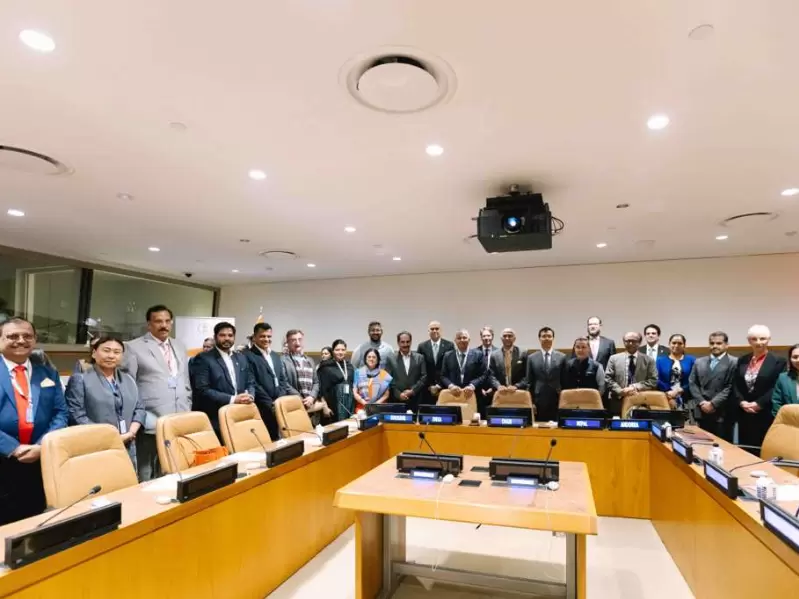 United Nations in New York marked Hindi Diwas 2025. / Permanent Mission of India to the United Nations
United Nations in New York marked Hindi Diwas 2025. / Permanent Mission of India to the United Nations
The Permanent Mission of India to the United Nations in New York marked Hindi Diwas 2025 with a commemoration event at the UN Headquarters on Oct. 9. The gathering brought together a visiting delegation of Indian Members of Parliament, Permanent Representatives, Deputy Permanent Representatives, diplomats from Girmitiya and friendly countries, and several UN officials.
The parliamentary delegation, led by P. P. Chaudhary, is on an official visit to New York from Oct. 8 to 14.
Addressing the event, P. P. Chaudhary, leader of the Indian parliamentary delegation, said Hindi is “not just a language; it symbolizes India's spirit, identity, and unity.” He noted that the language is spoken by nearly 600 million people across the world and played a significant role in India’s freedom struggle. Chaudhary also outlined government efforts to promote Hindi globally through cultural and educational initiatives.
India’s Permanent Representative to the UN, Ambassador P. Harish, said Hindi Diwas marks the adoption of Hindi as one of India’s two official languages. He emphasized the country’s multilingual heritage and reiterated India’s commitment to promoting linguistic diversity within the UN. He added that India continues to support the use of Hindi in the UN through initiatives like the Hindi@UN project.
Ambassadors from several countries spoke about Hindi’s influence beyond India’s borders. Nepal’s Permanent Representative, Lok Bahadur Thapa, said the language strengthens “social, cultural and linguistic linkages” between the two nations. Suriname’s envoy, Sunil Algram Sitaldin, noted that Hindi has been preserved in his country for five generations and has become deeply integrated into local culture.
Mauritius’s Ambassador, Milan Meetarbhan, highlighted the enduring cultural and diaspora ties that bind the two nations, while Andorra’s Ambassador, Joan Rovina, underlined India’s collaboration with Andorra in advancing multilingualism under the UN Group of Friends initiative.
Trinidad and Tobago’s Permanent Representative, Neil Parsan, described Hindi as “not just a language, but the voice of a nation; it is poetry, it is history and it is an emotion.”
ADVERTISEMENT
ADVERTISEMENT
E Paper
Video




 Pranavi Sharma
Pranavi Sharma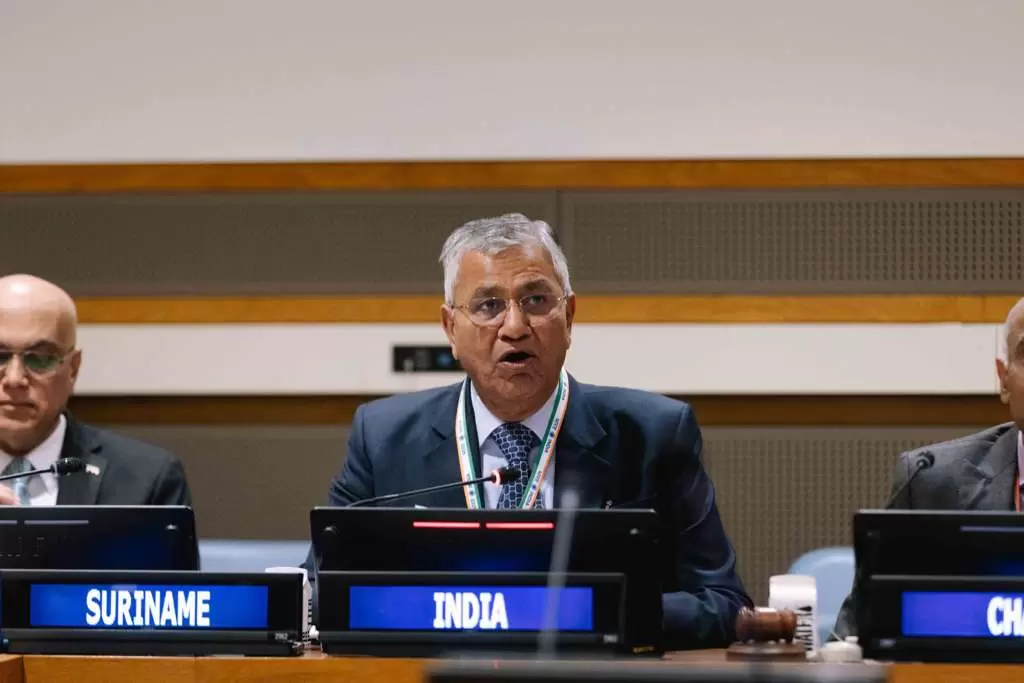
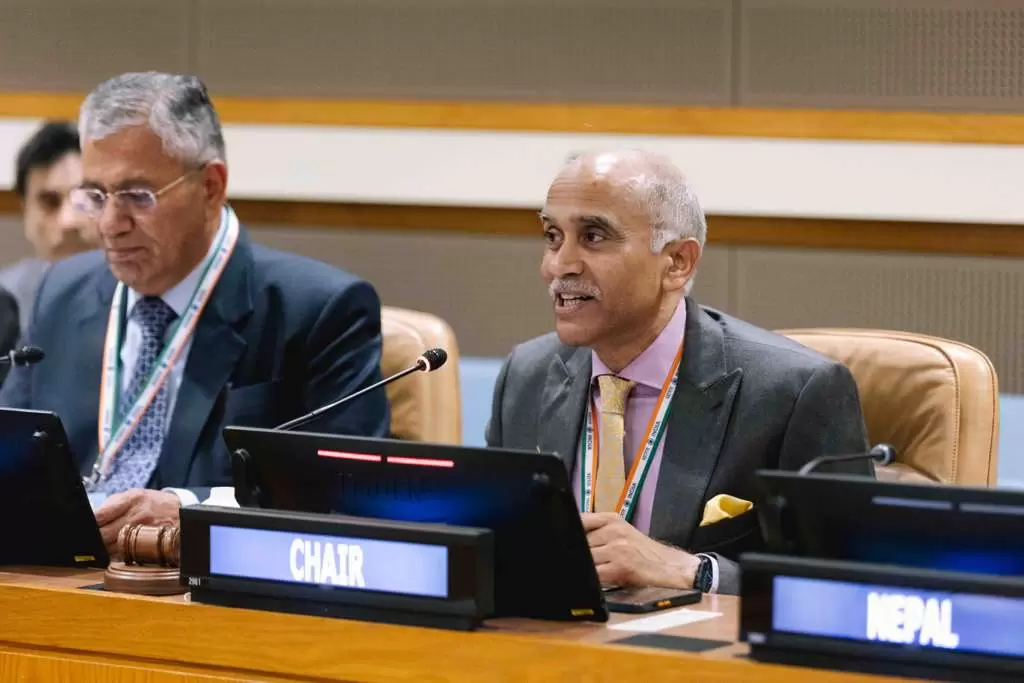
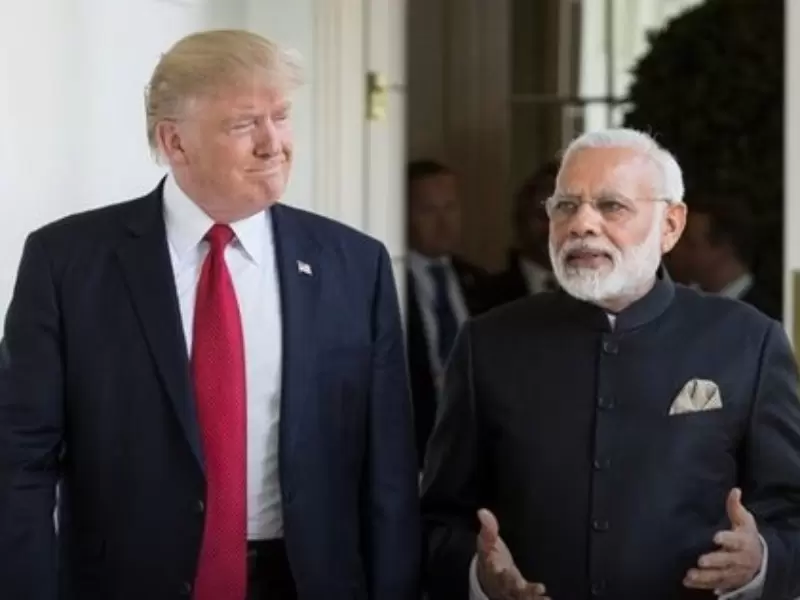
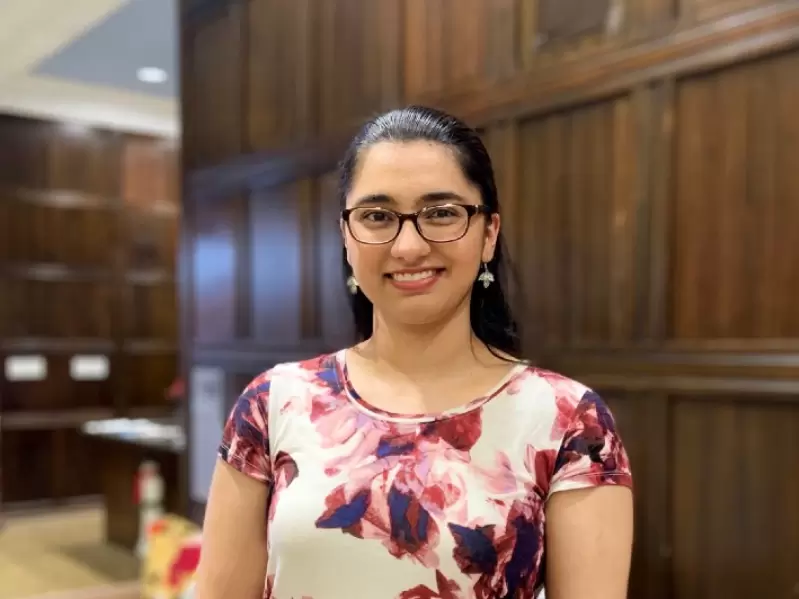
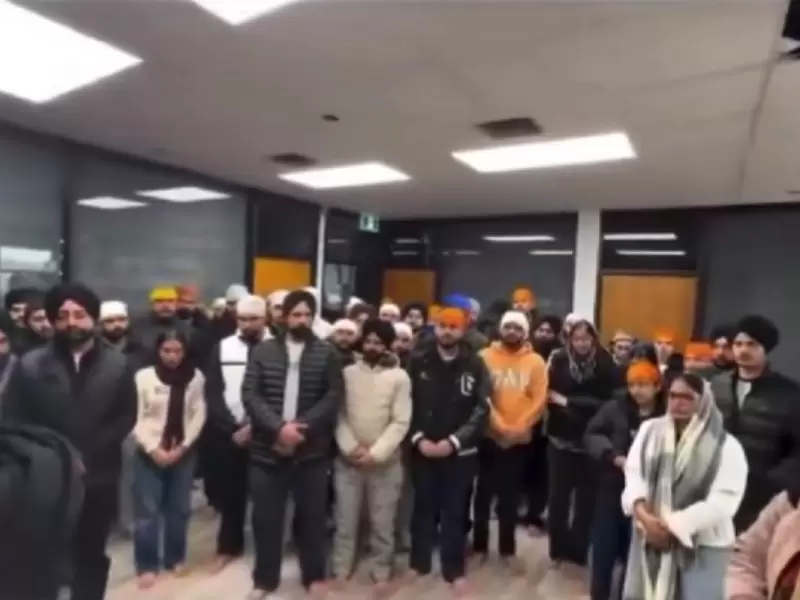

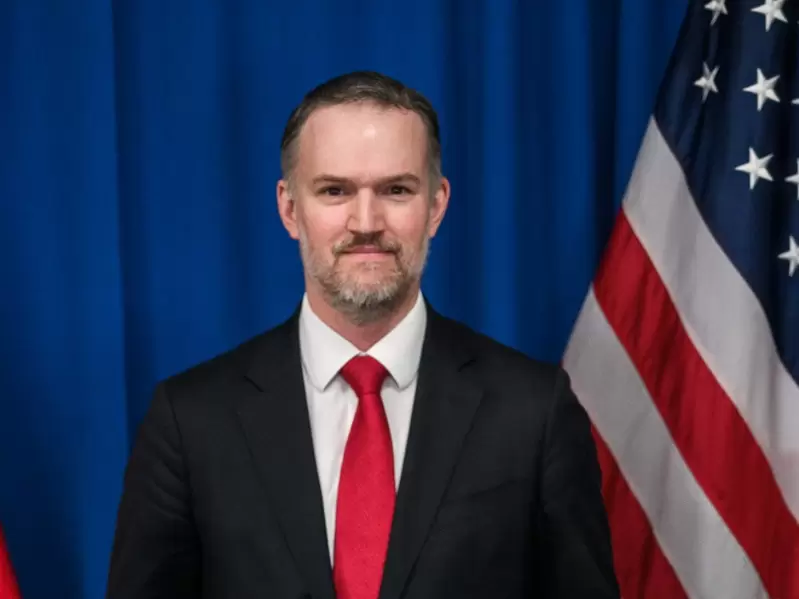
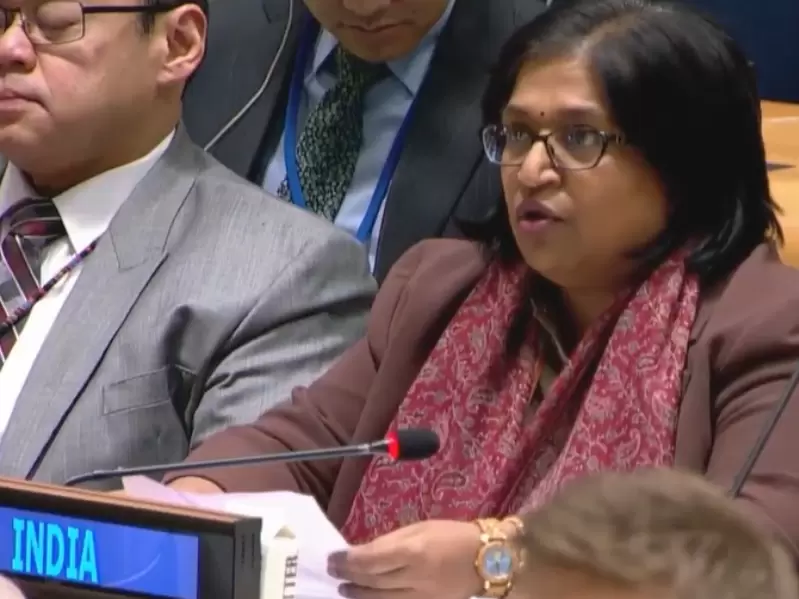
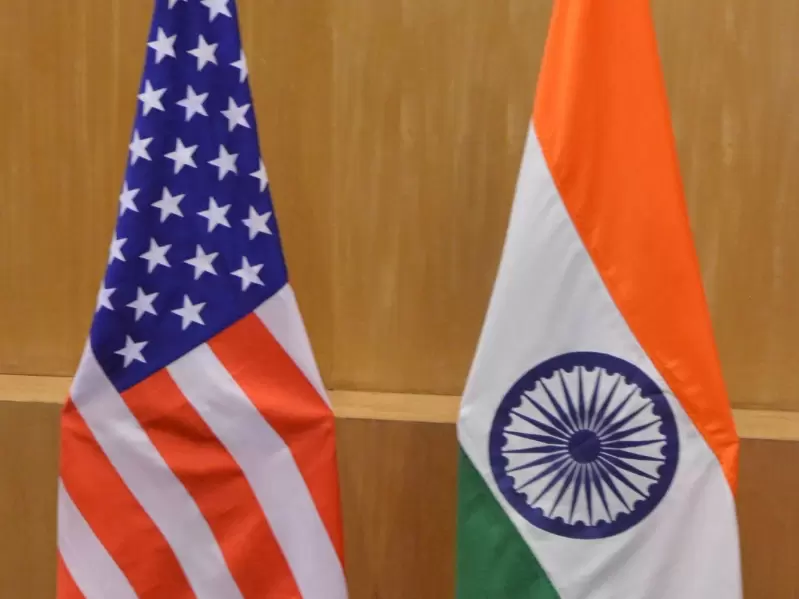
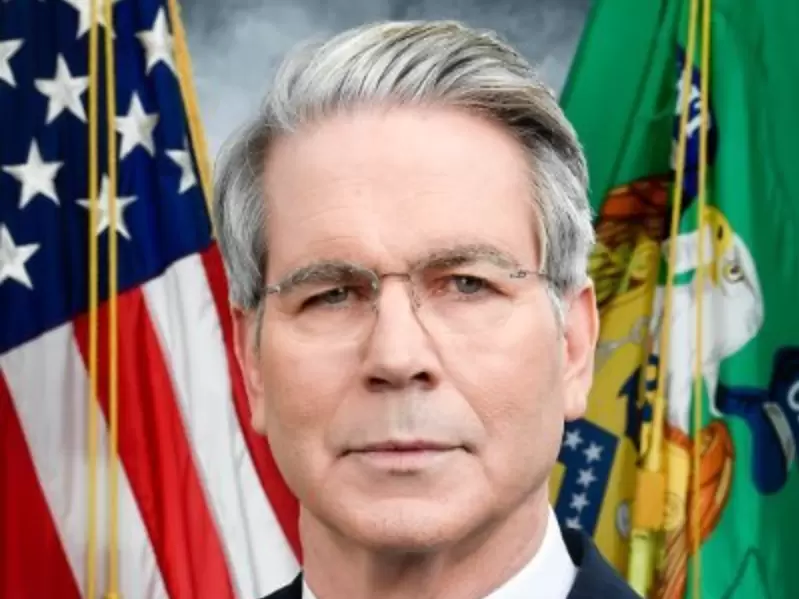
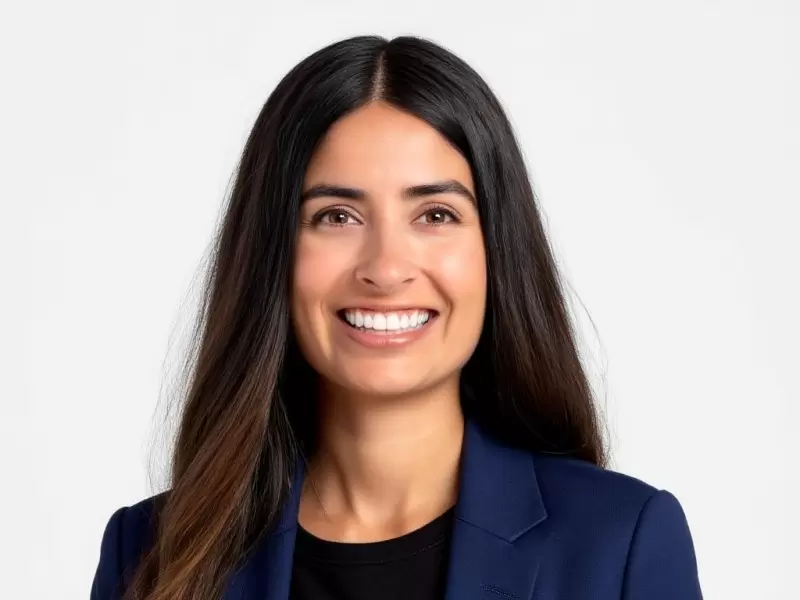
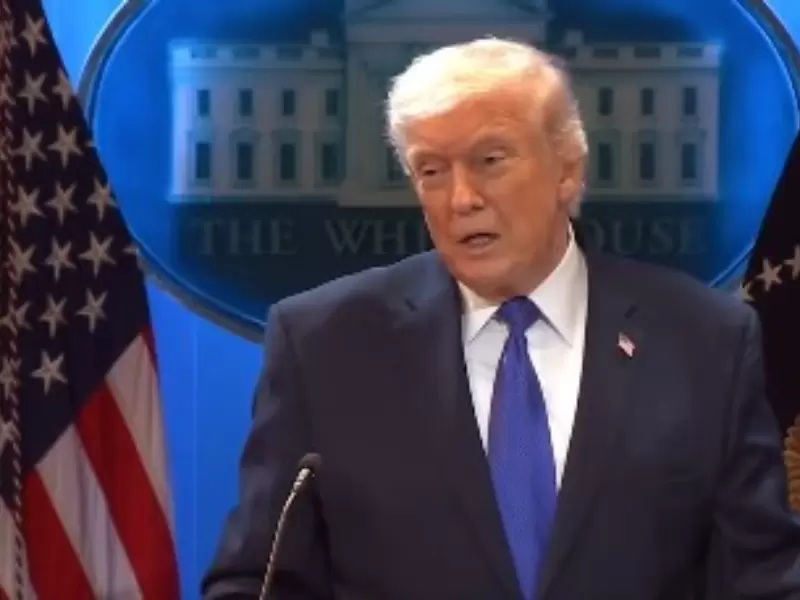
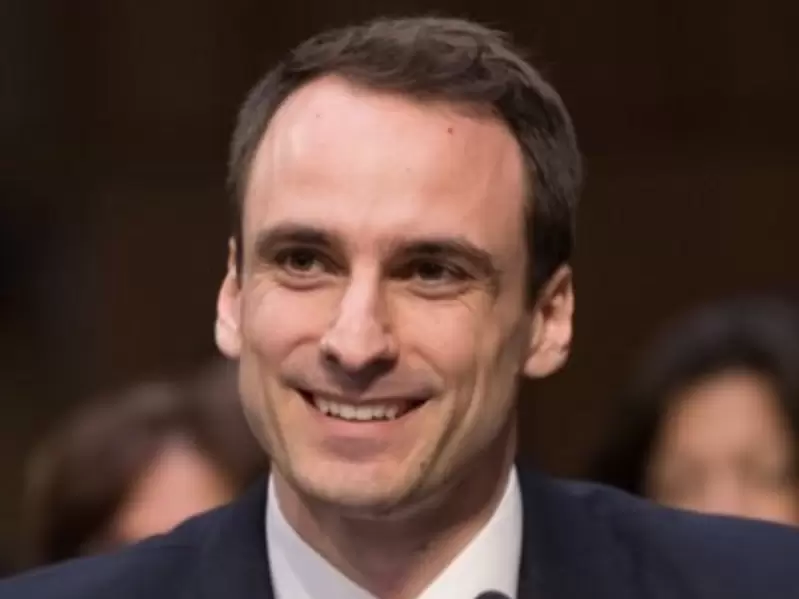
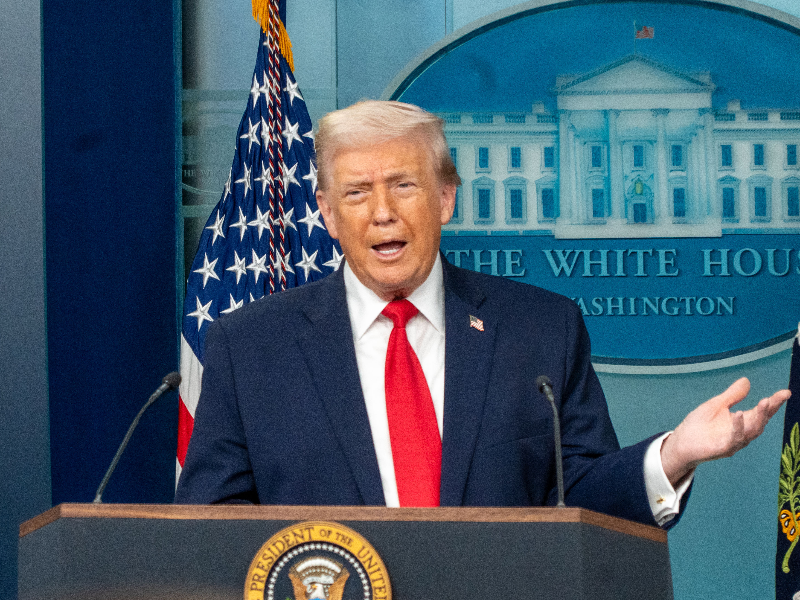


Comments
Start the conversation
Become a member of New India Abroad to start commenting.
Sign Up Now
Already have an account? Login